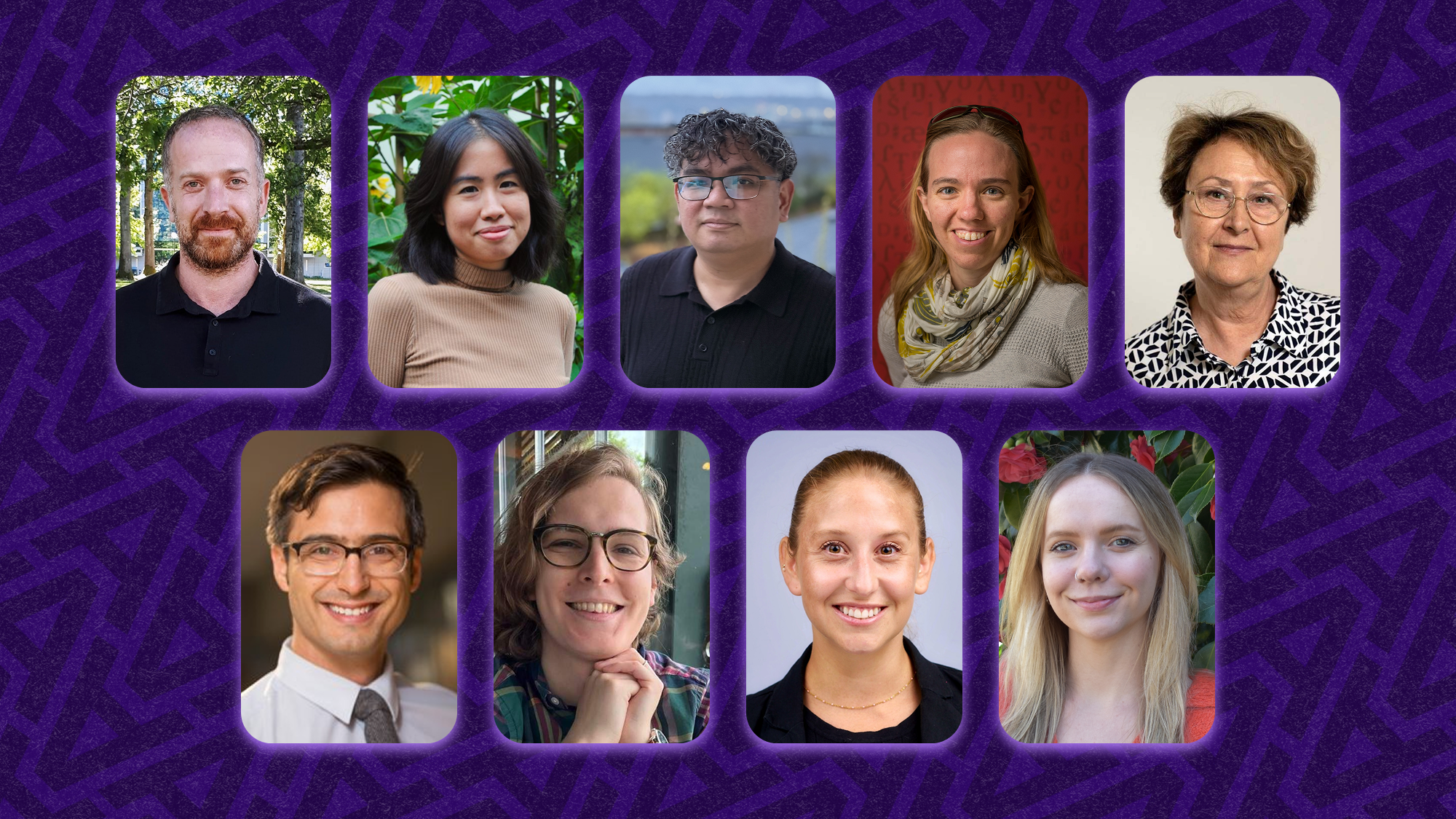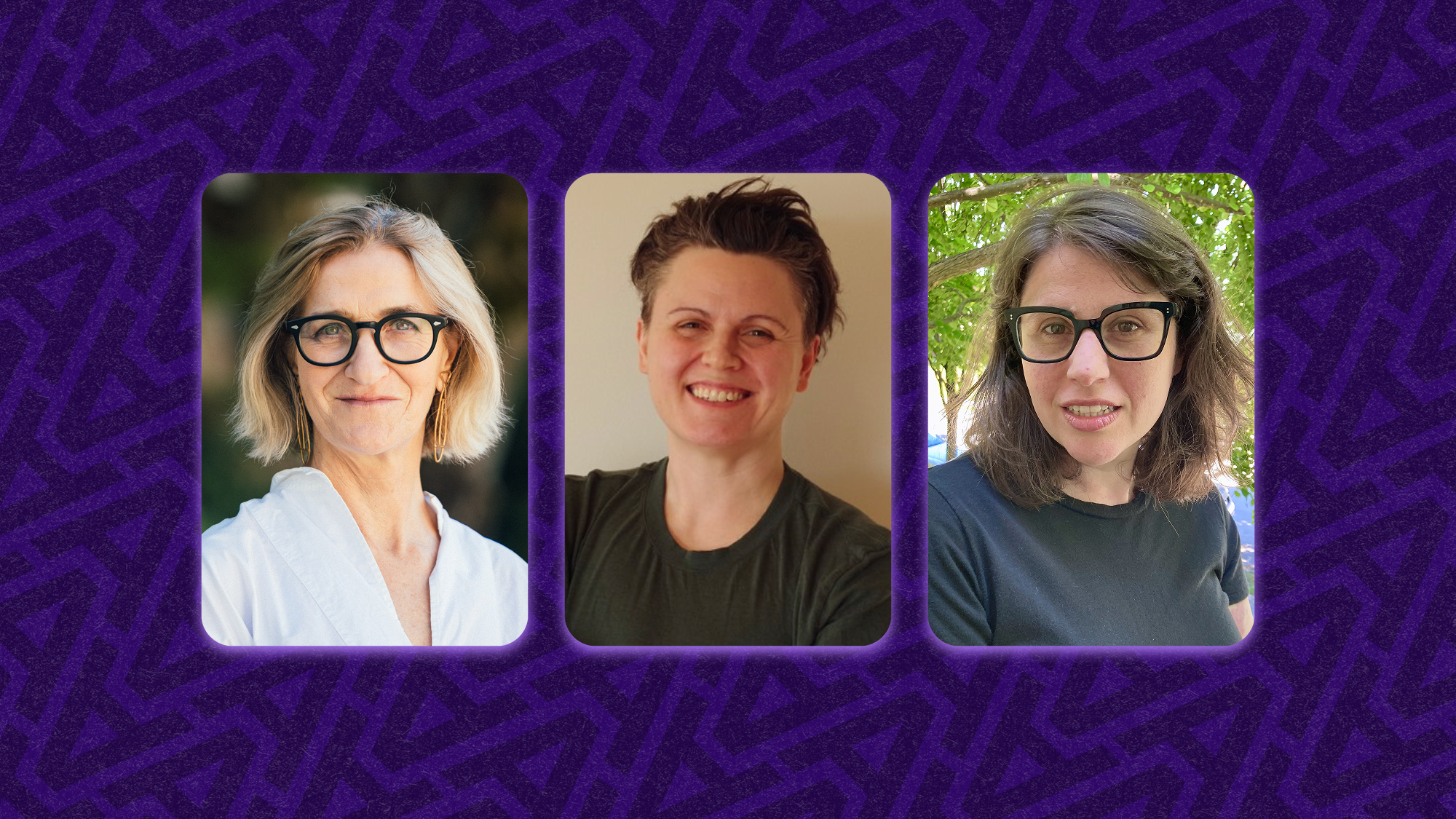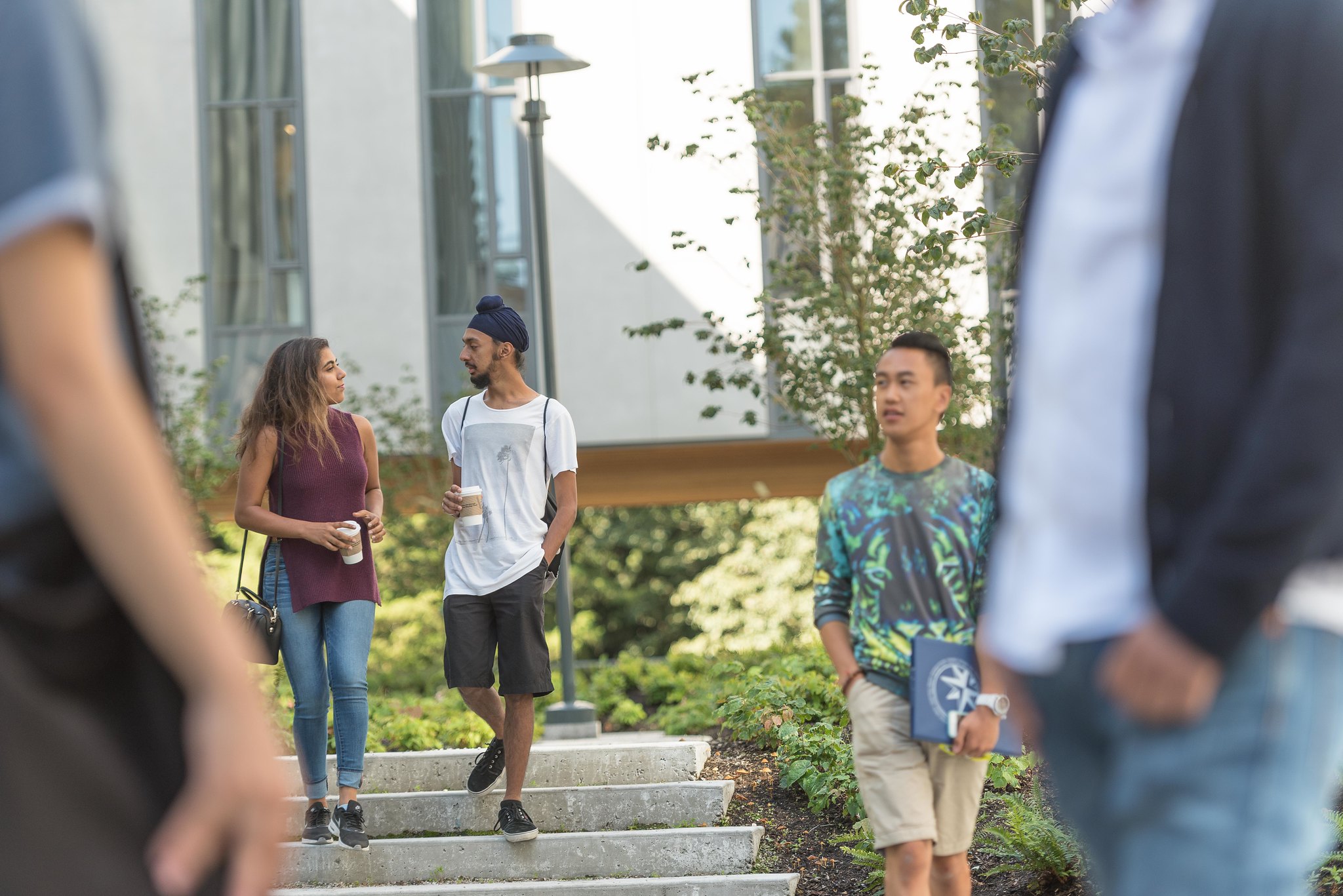Born and raised in Vancouver, Theresa Harding graduated with a Bachelor of Arts in sociology and gender, race, sexuality, and social justice (GRSJ) in 2000. While pursuing her degree later in life posed challenges in balancing her duties as a mother and responsibilities as a student, Theresa’s efforts were well worth it. Earning her B.A., and later a Masters from UBC’s School of Community and Regional Planning, allowed Theresa to transform her passions into a career.
Before earning her degree, Theresa was a grassroots activist and volunteered within the area of community development. She wanted to pursue a degree that would allow her to build upon the skills she already had, and found herself drawn to courses in both sociology and GRSJ.
“These courses were all about critical analysis and they helped me to understand some of the things I felt were really problematic,” Theresa said. “They also helped me learn how to be more targeted with services, programs, and strategies to address need. When you understand the underlying conditions, you can make your responses more effective.”
While pursuing her degree, Theresa was a research assistant for sociology professor Dr. Dawn Currie, who she credits for helping her discover where her own interests could be met in terms of courses or research.
After completing her B.A., Theresa decided to continue her academic career at UBC with a Masters degree in Community and Regional Planning. As a graduate student, she put her B.A. to good use by conducting a sociological research project that investigated social services on campus in order to identify gaps in services or duplication of similar programs.
Theresa now works in community development for Metro Vancouver and is in the regional parks sector. She has been in this position for almost five years now, and truly enjoys working in community development with parks communities. She feels that the critical thinking and analytical skills that she gained during her B.A. have been strong assets in this position.
“Critical thinking skills have allowed me ask questions that get people to think beyond where they’re stuck or struggling,” Theresa said. “Critical analysis has helped my work in attaining equitable representation and good communication.”



